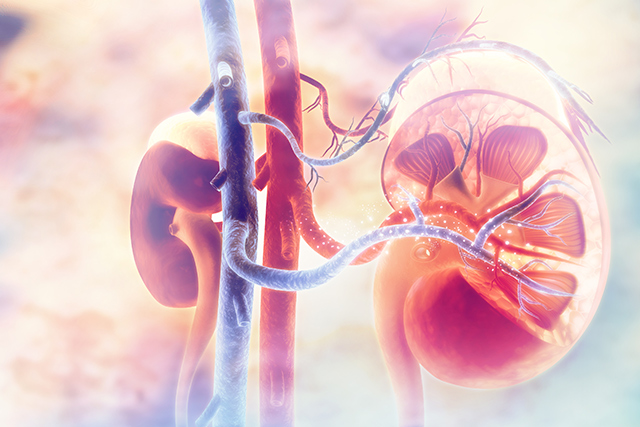3 Common vitamin deficiencies and how to prevent them
07/17/2020 / By Zoey Sky

Following a balanced diet helps your body get the vitamins and minerals it needs to function well. But not everyone receives the right amount of nutrients from eating healthy food, which is where supplements come in. If you’re experiencing symptoms like muscle cramps or gut problems, you may be deficient in magnesium, vitamin B or zinc.
The importance of a balanced diet for immune health
Dr. Heather Moday, an allergist and immunologist, highlights the importance of understanding your individual biochemistry, or how what works for you might not work with another person experiencing similar symptoms.
But when treating patients with immunodeficiencies, Moday noticed how someone’s diet and lifestyle are also linked to their immune health. Specifically, she observed a similar pattern of three vitamin deficiencies that affect different patients similarly.
Below are three deficiencies Moday observed, with tips on how to get more of these essential nutrients.
Magnesium
Signs and symptoms of magnesium deficiency may include:
- Asthma
- Fatigue and muscle weakness
- High blood pressure (hypertension)
- Irregular heartbeat
- Mental disorders like apathy, which may eventually cause delirium
- Muscle cramps and twitches
- Osteoporosis
Magnesium is an essential nutrient that your body needs for 300 different biochemical reactions. You can boost your intake of this nutrient by eating more magnesium-rich beans, leafy green vegetables, nuts, seeds and whole grains such as:
- Almonds
- Cashew nuts
- Chia seeds
- Cocoa
- Dark chocolate
- Flaxseeds
- Hazelnuts
- Oats
- Peanuts
- Popcorn
- Pumpkin seeds
- Sunflower seeds
Moday recommends eating magnesium-rich foods and taking supplements to ensure that you get enough of this nutrient since it is an electrolyte that you don’t readily get back into your body. (Related: Consume superfoods rich in magnesium to lower your blood pressure naturally.)
Before you buy magnesium supplements, read up on different strains for many unique functions of the body. For example, Moday uses magnesium glycinate supplements that help relieve anxiety and promote better sleep.
Magnesium glycinate is also one of the easiest types of magnesium for your body to absorb. Unlike other strains, it doesn’t have a laxative effect.
Vitamin B
Common signs of B12 deficiency include:
- Extreme fatigue
- Irritability or depression
- Leaky gut
- Small intestine bacterial overgrowth (SIBO)
- Tingling in the feet and hands
- Weakness
B vitamins like vitamin B12 come from foods such as:
- Cheese (One domino-sized serving.)
- Eggs
- Fish (One serving is the same size as a deck of cards.)
- A glass of milk (1 cup)
- Kidney
- Liver
- Shellfish
Moday said that it’s unusual to have vitamin B deficiencies when there are many food sources of this vitamin, but there are several possible reasons for deficiencies. For one, B vitamins are essential for many bodily functions, like detoxification, your nervous system and immunity.
Since your body needs B vitamins for various functions, dietary sources of the vitamin alone might not be enough to meet the demand for it.
Your gut health may also cause a vitamin B deficiency since this condition is often linked to gut problems.
Zinc
Zinc deficiency may cause symptoms like:
- Decreased sense of smell and taste
- Diarrhea
- Lack of alertness
- Loss of appetite
- Open sores on the skin
- Unexplained weight loss
- Wounds that won’t heal
Dietary sources of zinc include foods like:
- Oysters
- Mollusks
- Poultry
- Seeds
- Wheat germ
- Wild rice
Zinc is another common deficiency and addressing it is crucial for your overall health. Your immune system needs zinc to protect you from harmful bacteria and viruses.
Additionally, zinc has a role in creating essential proteins in your bodies and producing new, healthy cells.
Follow a balanced diet and take natural supplements to prevent common nutritional deficiencies in magnesium, vitamin B and zinc.
Sources include:
Submit a correction >>
Tagged Under:
This article may contain statements that reflect the opinion of the author
RECENT NEWS & ARTICLES
COPYRIGHT © 2017 SUPER FOODS NEWS





















